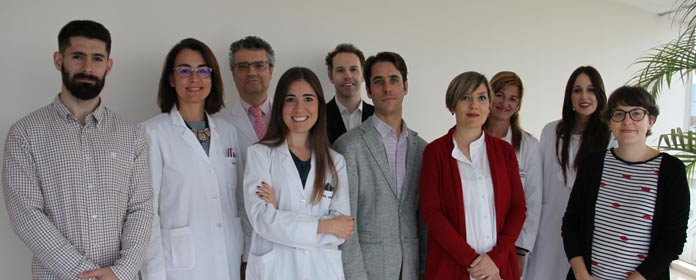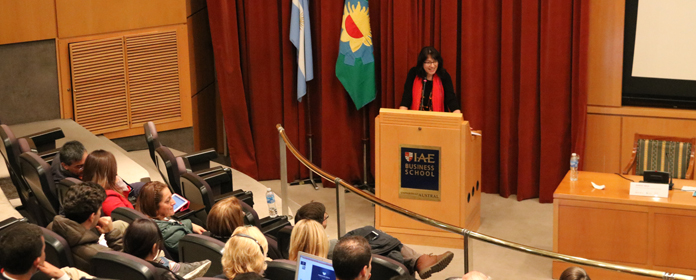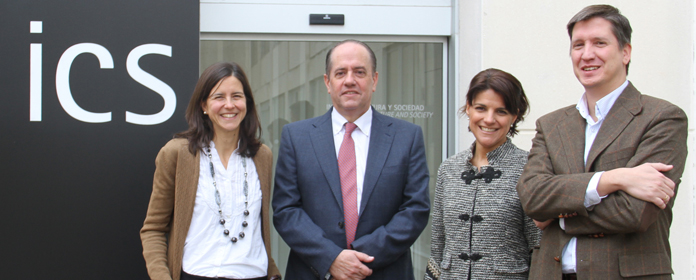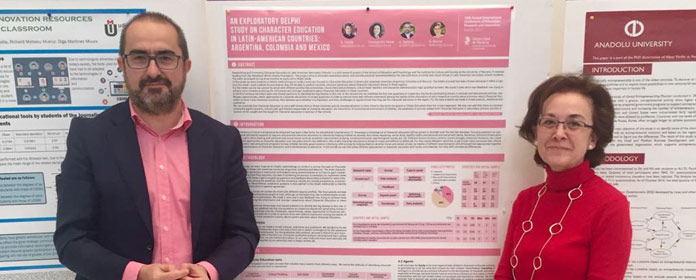“Character has to be an explicit centerpoint of the school’s mission and of the school leader’s philosophy”
Marvin Berkowitz, professor at the University of Missouri-St. Louis (USA), presented six success strategies for schools at a conference on Character Education in Latin America: Challenges and Opportunities
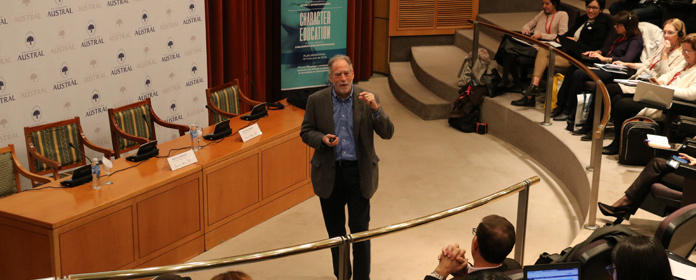
FOTO: Isabel Solana
“Character has to be an explicit centerpoint of the school’s mission and of the school leader’s philosophy”. Marvin Berkowitz, professor at the University of Missouri-St. Louis (USA), argued along these lines during his presentation at the Character Education in Latin America: Challenges and Opportunities conference, organized by the University of Navarra in Argentina in collaboration with the Austral University and with funding from the Templeton World Charity Foundation.
The expert presented his PRIMED model, which proposes six success strategies for schools: Prioritizing character development, strengthening relationships between all members of the educational community- from teachers to cafeteria staff, motivating students to internalize the good (intrinsic motivation), setting an example with the values that staff want to see in students (modeling), giving a voice to all members of the community (empowerment) and incorporating a Developmental Pedagogy.
Professor Berkowitz indicated that character education “must be an authentic priority” and mentioned some strategies to make it so: rhetorical emphasis (shared goals and values), allocation of resources (e.g. investment in professional development), school and classroom climate (e.g. trust in teachers), school-wide structures (e.g., comprehensive approach to character education) and leadership (principal competently leads the initiative).
Regarding the second strategy, he suggested “considering ways to doing the same work that also build positive relationships”. He added that this should occur within all groups and among them, including students, teachers, cafeteria staff, parents...
Regarding intrinsic motivation, he noted that “the true goal of character education is for students to internalize moral values”. Apuntó varias estrategias pedagógicas para impulsar esta motivación. He pointed out several pedagogical strategies to boost this motivation. On the one hand, he mentioned Edward L. Deci and Richard M. Ryan’s theory of self-determination: autonomy (sense of empowerment), belonging (social connectedness) and competence (ability to achieve/succeed). On the other hand, he pointed out the contributions of Jacquelynne S. Eccles, who highlights giving importance (make a meaningful difference), responsibility (contributing group member), engagement (challenge and enjoyment) and identity (knowing one’s place in a social context).
The fourth point of the model consists of setting an example because, according to Berkowitz, “you cannot demand from students what you will not do yourself,” taking into account that “they learn more from what you do than from what you say.” In that line, he added that, “the single most powerful tool you have for influencing a child’s character is your character”.
The empowerment of all groups in the school community— teachers, administrators, support staff, students, parents, etc.— is another key aspect of successfully engaging in Professor Berkowitz’s model. “Character develops in part through as sense of one’s autonomy,” he emphasized.
The last point refers to Developmental Pedagogy, promoting the development of students' character and socio-emotional competence through strategies such as integrating character concepts in the curriculum, role-plays and setting high expectations for growth.
Marvin Berkowitz presented the PRIMED model within the framework of an international conference on Character Education in Latin America that brought together researchers, teachers and educational policy makers. It took place on June 13 and 14, 2018 at IAE Business School of the Austral University in Pilar, Argentina.
The conference was organized by the ‘Researching and promoting character education in Latin American secondary schools’ project, a joint research project of the School of Education and Psychology and the Institute for Culture and Society (ICS). It received funding from the Templeton World Charity Foundation.

